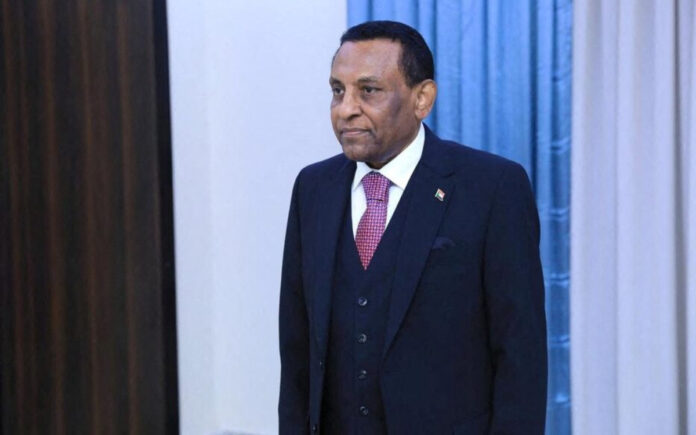Khartoum: Sudan’s newly appointed Prime Minister Kamil Idris has officially dissolved the country’s caretaker government, according to a late Sunday report by the state-run Sudan News Agency (SUNA). The move marks a pivotal shift in Sudan’s transitional governance as the nation grapples with a brutal civil conflict between the Sudanese Armed Forces and the paramilitary Rapid Support Forces (RSF).
While SUNA did not clarify when a new government would be formed, this will be the first administration assembled since the war erupted more than a year ago, plunging the country into one of its most severe political and humanitarian crises in decades.
Kamil Idris, a respected international lawyer and former director general of the World Intellectual Property Organization (WIPO), was appointed by Sudan’s de facto leader and army chief, General Abdel Fattah al-Burhan. Idris took the oath of office on Saturday, becoming Sudan’s first prime minister since the October 2021 military coup that derailed the country’s democratic transition.
Also Read | Delays in Thailand’s Cash Handout Scheme Erode Faith in Ruling Party
His appointment comes amid a deepening power struggle. The RSF, led by Mohamed Hamdan Dagalo, known as Hemeti, has stated plans to establish a rival government in coordination with allied political groups — a move that risks further fragmenting the country.
In his inaugural speech on Sunday, Idris pledged to uphold neutrality in Sudan’s complex political landscape. “I will remain at equal distance from all political parties,” he said, underlining his commitment to national stability. He emphasized that his priorities include restoring security, enabling humanitarian aid, and initiating the reconstruction of the country.
Also Read | Two Dead, Over 500 Arrested During PSG Champions League Victory Celebrations
Observers say the dissolution of the caretaker government is a critical step toward forming a potentially more unified and functional administration, although challenges remain immense. With millions displaced and much of the capital Khartoum devastated by conflict, the path ahead for Idris and any future cabinet will be fraught with logistical, political, and security hurdles.
The international community is closely monitoring developments, as a stable central government in Khartoum is seen as essential for bringing warring factions to the negotiating table and ending Sudan’s spiraling violence.



